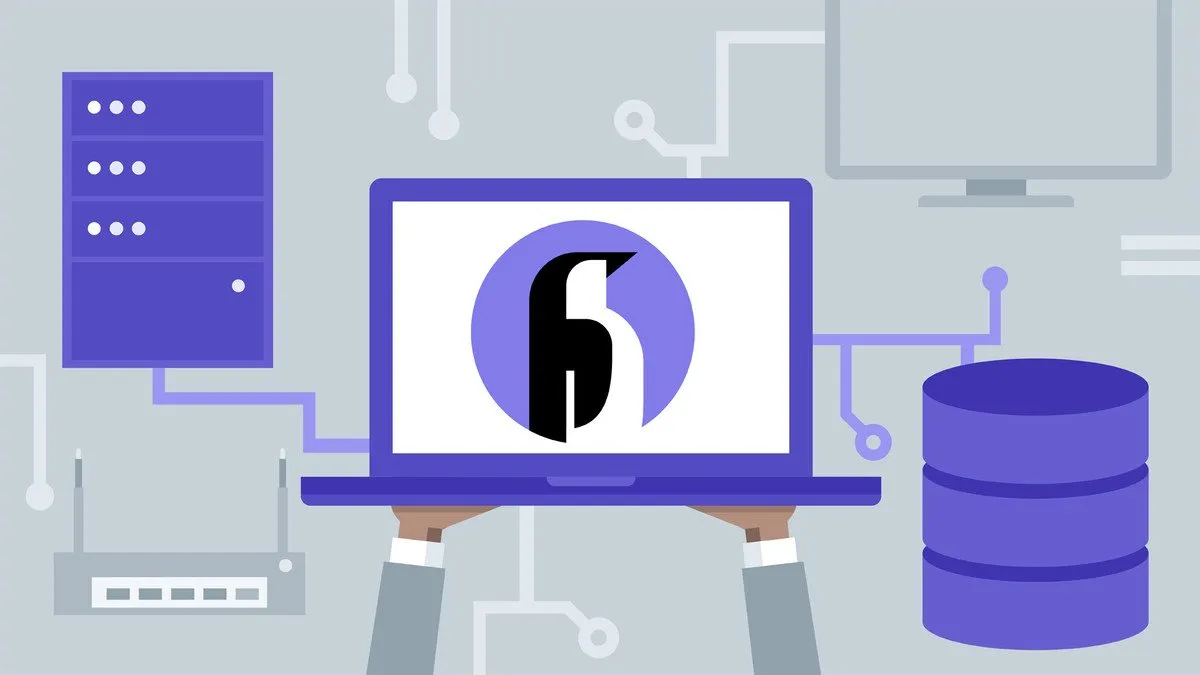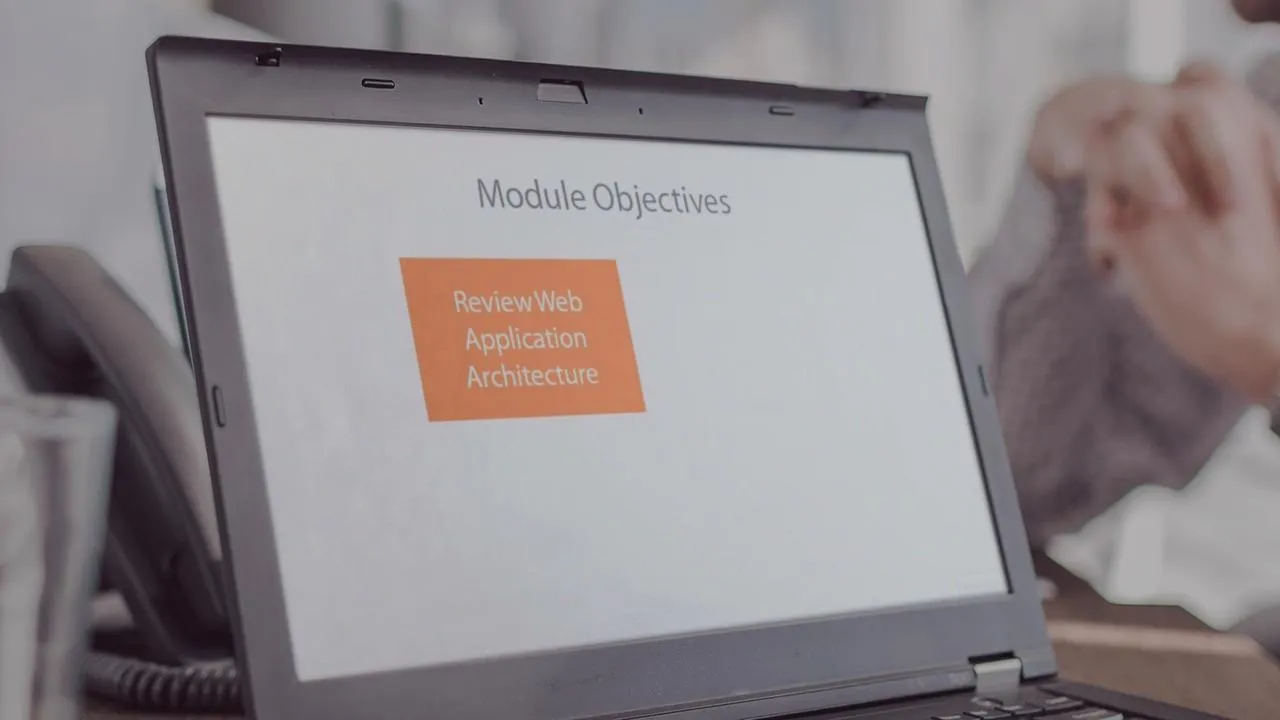
Network Performance and Optimization 
Gain an introduction to Network Performance and Optimization ▼
ADVERTISEMENT
Course Feature
![]() Cost:
Cost:
Free
![]() Provider:
Provider:
Qwiklabs
![]() Certificate:
Certificate:
Free Certification
![]() Language:
Language:
English
![]() Start Date:
Start Date:
On-Demand
Course Overview
❗The content presented here is sourced directly from Qwiklabs platform. For comprehensive course details, including enrollment information, simply click on the 'Go to class' link on our website.
Updated in [May 19th, 2023]
This course, Network Performance and Optimization, provides students with the opportunity to take their Google Cloud Platform (GCP) networking skills to the next level. Through a series of labs, students will learn best practices for overcoming common networking bottlenecks and gain hands-on experience with testing and improving network performance. Additionally, students will learn how to integrate high-throughput VPNs and networking tiers to ensure application speed and robustness. By the end of the course, students will have a comprehensive understanding of GCP networking and the ability to optimize their networks for maximum performance.
[Applications]
After completing this course, participants are encouraged to apply the knowledge and skills acquired to their own GCP projects. They should be able to identify and troubleshoot common networking issues, as well as optimize their network performance. Additionally, they should be able to integrate high-throughput VPNs and networking tiers into their projects.
[Career Paths]
1. Network Engineer: Network Engineers are responsible for designing, implementing, and maintaining computer networks. They must be knowledgeable in network protocols, routing, and security, and have experience with network optimization and performance. As the demand for cloud-based services continues to grow, Network Engineers will need to be well-versed in GCP networking technologies and best practices.
2. Network Security Analyst: Network Security Analysts are responsible for ensuring the security of an organization’s network. They must be knowledgeable in network protocols, security protocols, and network optimization and performance. With the increasing demand for cloud-based services, Network Security Analysts must be well-versed in GCP networking technologies and best practices to ensure the security of an organization’s network.
3. Network Architect: Network Architects are responsible for designing and implementing computer networks. They must be knowledgeable in network protocols, routing, and security, and have experience with network optimization and performance. As the demand for cloud-based services continues to grow, Network Architects must be well-versed in GCP networking technologies and best practices to ensure the scalability and reliability of an organization’s network.
4. Network Administrator: Network Administrators are responsible for managing and maintaining computer networks. They must be knowledgeable in network protocols, routing, and security, and have experience with network optimization and performance. As the demand for cloud-based services continues to grow, Network Administrators must be well-versed in GCP networking technologies and best practices to ensure the stability and reliability of an organization’s network.
[Education Paths]
1. Bachelor of Science in Computer Science: This degree path focuses on the fundamentals of computer science, including programming, software engineering, and computer architecture. It also covers topics such as artificial intelligence, machine learning, and data science. With the increasing demand for technology professionals, this degree path is becoming increasingly popular and is a great way to get a comprehensive understanding of the field.
2. Master of Science in Network Engineering: This degree path focuses on the design, implementation, and management of computer networks. It covers topics such as network security, network protocols, and network optimization. With the increasing demand for network engineers, this degree path is becoming increasingly popular and is a great way to get a comprehensive understanding of the field.
3. Bachelor of Science in Information Technology: This degree path focuses on the fundamentals of information technology, including computer systems, databases, and networks. It also covers topics such as software development, web development, and system administration. With the increasing demand for technology professionals, this degree path is becoming increasingly popular and is a great way to get a comprehensive understanding of the field.
4. Master of Science in Cybersecurity: This degree path focuses on the fundamentals of cybersecurity, including network security, cryptography, and digital forensics. It also covers topics such as malware analysis, incident response, and risk management. With the increasing demand for cybersecurity professionals, this degree path is becoming increasingly popular and is a great way to get a comprehensive understanding of the field.
Course Syllabus
Network Performance Testing
In this lab, you'll learn important connectivity, performance, testing, and troubleshooting techniques in the Google Cloud Networking insfrastructure environment.Improving Network Performance I
In this lab, you'll work on practical elements of performance testing, with an eye to improving network bandwidth in your environment by using different core sizes and internal vs. external networks.Improving Network Performance II
In this lab, you'll work on further practical elements of performance testing, toward improving network server performance by using load balancing and content caching.Building a High-throughput VPN
In this lab you will learn how to create secure, high-throughput VPN and test the speed.Cloud CDN
In this lab, you configure Cloud CDN for a backend bucket and verify caching of an image.Network Tiers - Optimizing Network Spend
In this lab, you create one VM in the premium network service tier (default) and one VM in the standard network service tier. Then you compare the latency and routes for each VM instance.VPC Flow Logs - Analyzing Network Traffic
In this lab, you configure a network to record traffic to and from an apache web server using VPC Flow Logs. You then export the logs to BigQuery to analyze them.Course Provider

Provider Qwiklabs's Stats at AZClass
Discussion and Reviews
0.0 (Based on 0 reviews)
Explore Similar Online Courses

Linux Foundation Cert Prep: Network Administration (Ubuntu)

AngularJS Front to Back with Web API

Python for Informatics: Exploring Information

Social Network Analysis

Introduction to Systematic Review and Meta-Analysis

The Analytics Edge

DCO042 - Python For Informatics

Causal Diagrams: Draw Your Assumptions Before Your Conclusions

Whole genome sequencing of bacterial genomes - tools and applications

Serverless Data Processing with Dataflow: Develop Pipelines

Serverless Data Processing with Dataflow: Foundations

IBM Cloud Essentials
 Related Categories
Related Categories
Quiz
 Submitted Sucessfully
Submitted Sucessfully
1. What is the purpose of this course?
2. What type of quest is this?
3. What is the main focus of this course?


Start your review of Network Performance and Optimization